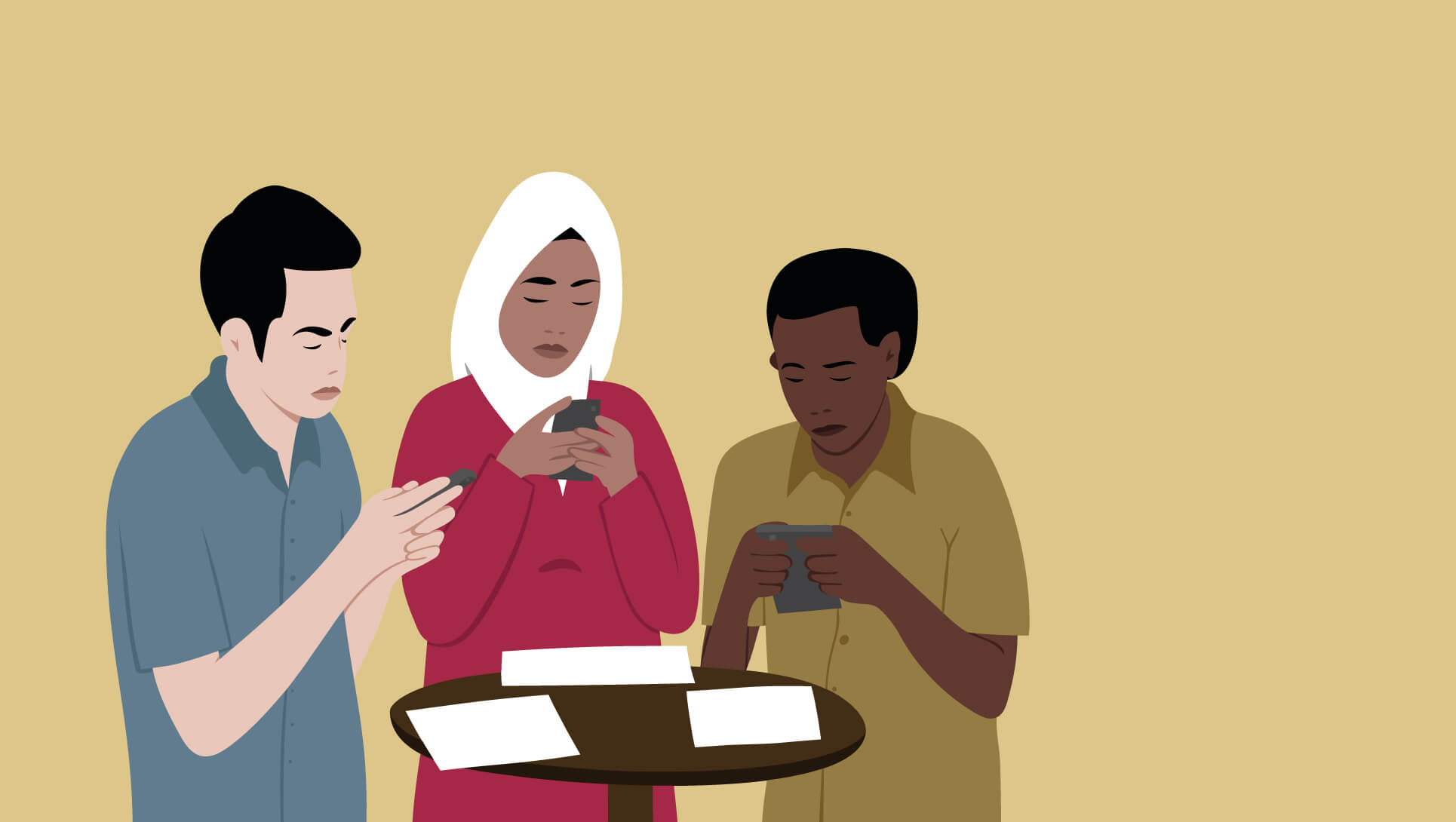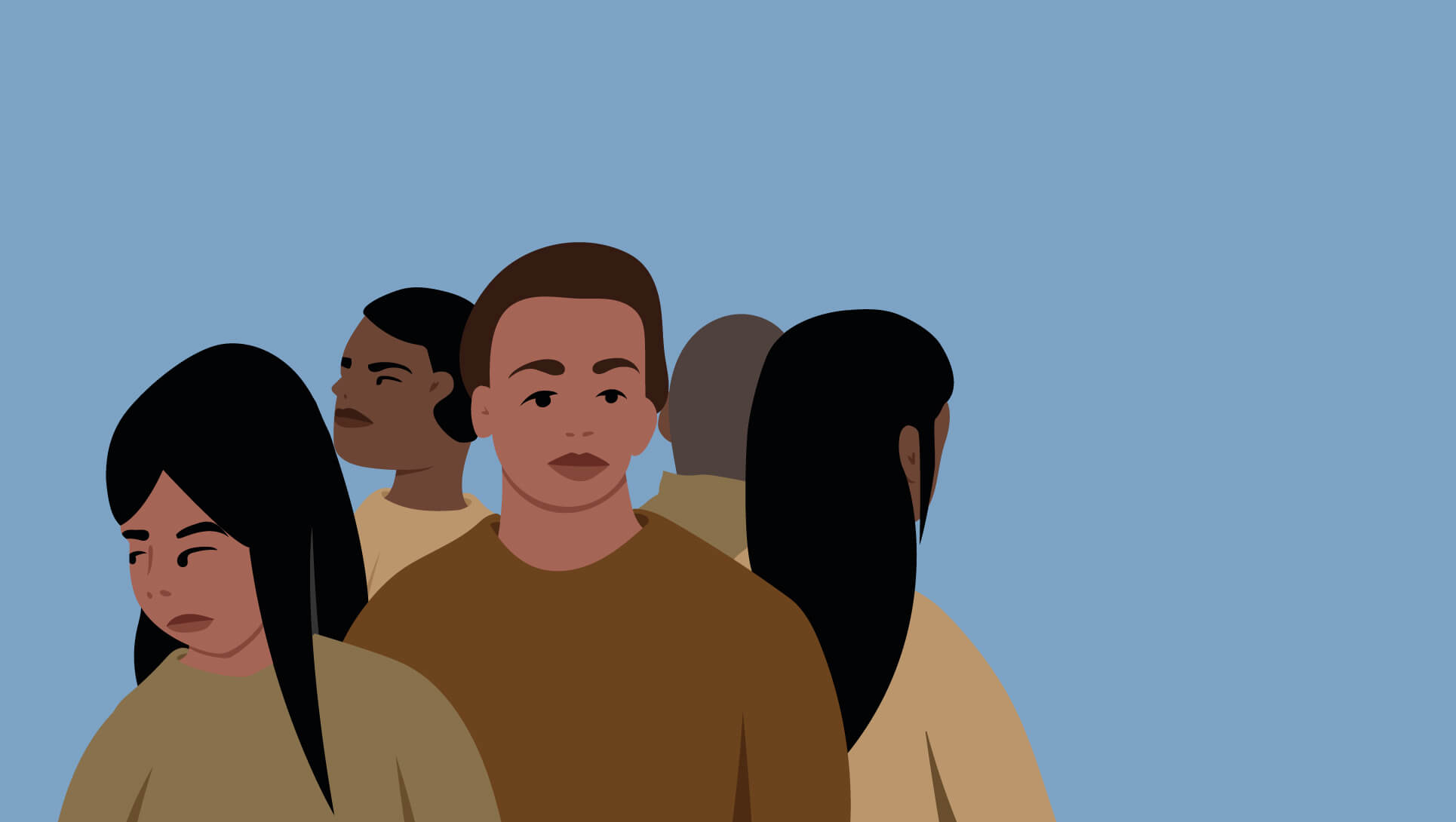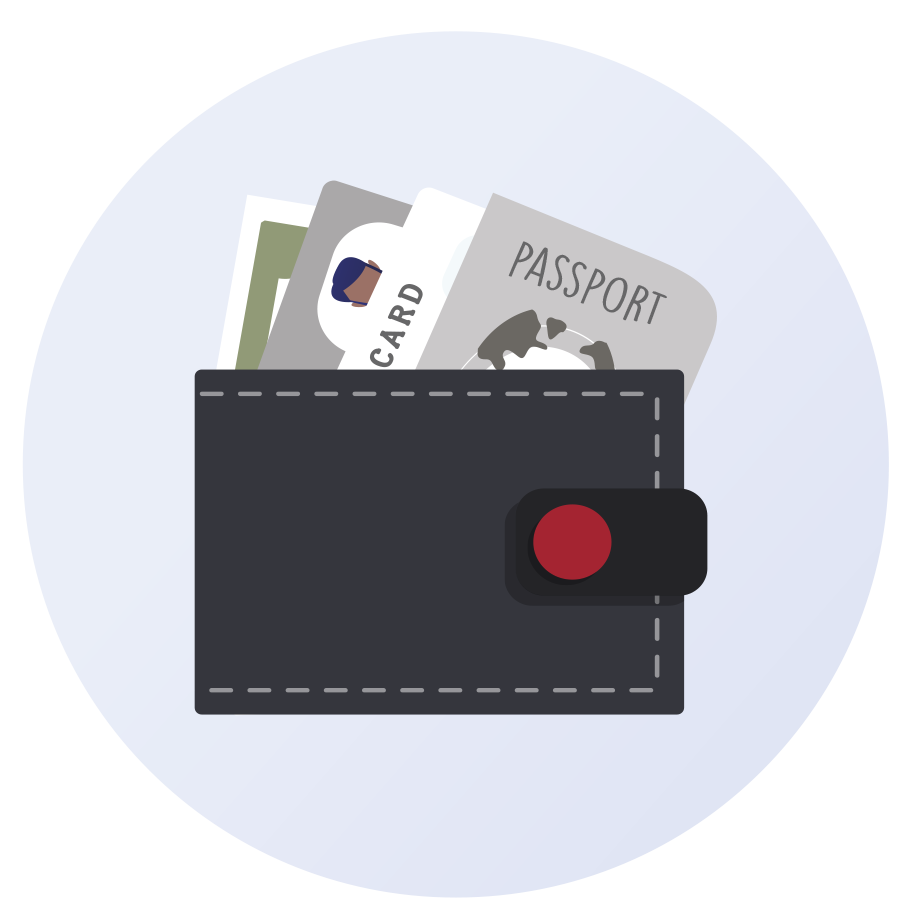GLOBAL PASSPORT PROJECT
PROTECTING
HUMAN RIGHTS
AND
PROMOTING
GLOBAL CITIZENSHIP
Migration journeys are becoming increasingly dangerous. Migrants and refugees are highly vulnerable to human rights violations.
For them, accessing relevant information and protecting documents from being damaged or lost is a matter of life and death.
GLOBAL PASSPORT PROJECT
HAS BEEN DEVELOPED
FOR THE MIGRANTS AND WITH THE MIGRANTS
to store and share personal data and documents in a safe way that protects
the migrants’ privacy and identity
to get in touch with NGOs and CSOs providing support services to migrants and
refugees
to report cases of abuses and violations
to access relevant information about the country of transit or arrival
Download brochure
We are not ready yet! We are currently testing the pilot of GPP...

We are not ready yet! We are currently testing the pilot of GPP...
Are you interested in getting involved in the testing of GPP?

Global Passport Project consists of a mobile App and a website.
GPP’s functions are:
DOC WALLET
AROUND ME
ABUSE ALARM
NEWS&STORIES
OPERATORS PORTAL
(only on the website)

GLOBAL PASSPORT PROJECT
USES IPFS AND BLOCKCHAIN TECHNOLOGY TO PROTECT MIGRANTS’
PERSONAL DATA AND DOCUMENTS
AMBASSADORS
Inclusiveness is a priority for Kosmopolis. This is why many former migrants
have been engaged as “GPP Ambassadors” to facilitate the dissemination of
GPP and explain its functioning through tutorials in most of the languages
spoken by the largest migrants’ communities in Europe.
Ali Sohna is one of our GPP Ambassadors.

USE THE DOC WALLET
TO CREATE AND STORE
A DIGITAL COPY OF YOUR DOCUMENTS
scan your documents
and upload them into your personal space
access your documents
from the App or the website
(by accessing your reserved area)
safely share your documents sending a 30-minute token to the authorized organization
you have reached out to.

AROUND ME:
A MAP TO FIND THE SERVICES YOU NEED
Find the organizations and services that you need based on where you are
Send them a message
and follow the GPS instructions to get there
Play the video to see how it works
Services
Education services
Employment support
Food
Health assistance
Language courses
Legal assistance
Multiservices
Shelter
Wifi
Women and children
Youth&Young adults
GPP PORTAL:
A DEDICATED SPACE FOR NGOs AND CSOs WORKING WITH MIGRANTS,
REFUGEES AND ASYLUM SEEKERS.
easier and more regular
interaction with migrants and refugees
privacy-friendly digital file transfer (related to personal documents)
possibility of prompt intervention in case of reporting of human rights violation
access to copies of documents to verify the migrants’ identity or prove their
stories in case of asylum requests, family reunification, etc.
THROUGH THE GPP PORTAL, NGOs AND CSOs CAN:
Map their own facilities in the AROUND ME Section
Update the information relative to their organization
Access to personal data and documents for their authorized staff
through a 30-minute token shared by the migrants from the DocWallet Section





















